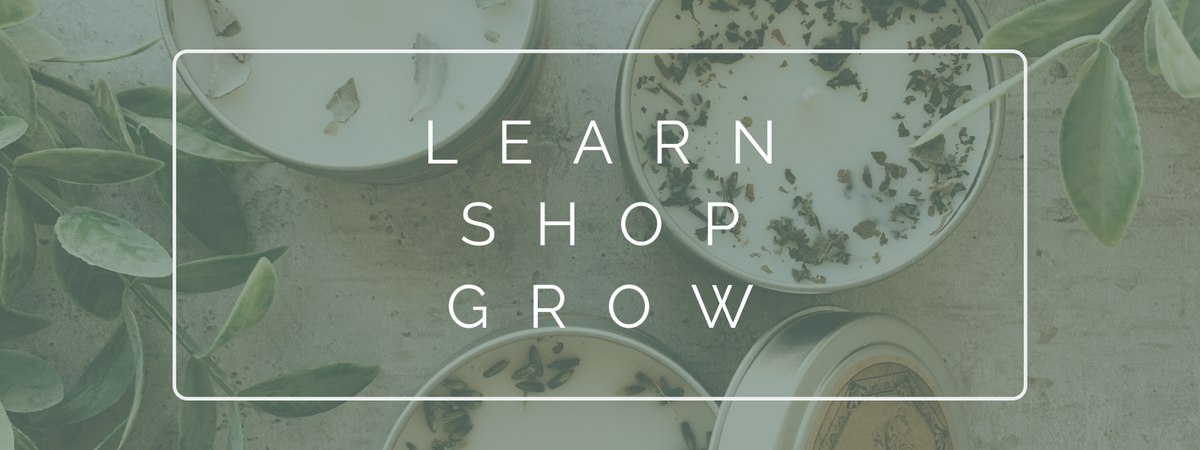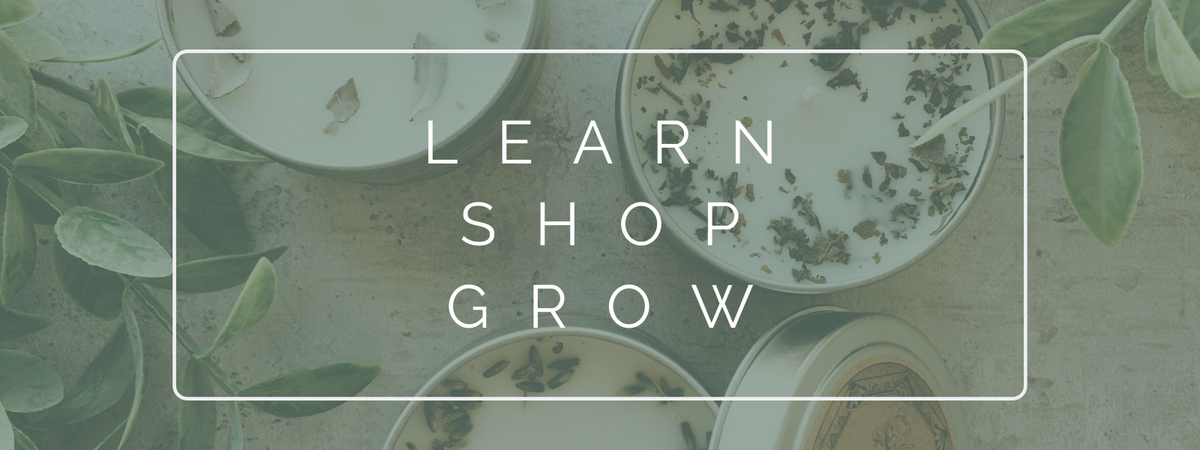Let's Talk About Paper Towels

Look, I get it. How convenient are paper towels, amiright?! SO convenient. We use them at home, at work, in public restrooms, at restaurants. I usually even grab a couple extra to keep in my purse. They are easy, effective, and relatively cheap.
But (and it's a big BUT), this convenience comes at a high cost. Paper towels/napkins are incredibly harmful to the environment to produce and degrade, and they create a lot of waste. It is estimated that globally, we produce 254 tons of paper towel waste per year(*). And it gets worse:
- Paper towels cannot be recycled, and produce methane gas while decomposing in landfills(†). Methane gas is strongly implicated as one of the main contributors to climate change.
- The U.S. alone uses 13 billion pounds of paper towels every year(‡). Over 110 million trees are cut, and 130 billion gallons of water are used to keep up with this demand.
- There is a carbon cost to transporting the trees to mills, and the paper towels to stores and our homes.
- Most paper towels are packaged in plastic, which does not biodegrade.
So, what should we do?
- Be conscious of the effect that paper towels have on the environment, and cut back use. If every household used one less roll of paper towels a year, it would save approximately 544,000 trees(*).
- Do not throw away unused paper towels/napkins. Store at home in a drawer or basket, and use when needed.
- Use electric dryers, or air-dry your hands, after using a public restroom. If you have to use paper towels, use just one and not multiple.
- Compost your used paper towels.
- Use cloth napkins, whenever possible. Re-purpose old tea towels and kitchen towels as napkins, and then supplement with handmade napkins to meet your family's need. You not only end up saving money in the long run but, most importantly, you help the environment. Just to put things into perspective - if you go through two rolls of paper towels every week, and you’re paying $12 for a pack of eight rolls, then you’re spending approx. $156 a year(§).
How and Why I Made the Switch to Cloth Napkins

I'll be honest, we've always been pretty careful with our paper towel use at home. Growing up, for expense reasons, we were taught not to use them haphazardly and would always rip them in half and share with a family member (I still do this, even with half-sheets!) For the last few years, we've also made an effort to use cloth napkins with meals and clean with dishcloths. But even so, we were going through about one roll a month.
In April of this year, my sister-in-law, Jacqueline, got married to her long-time love in Yosemite, CA. It was a gorgeous, eco-friendly wedding, and their favors were a glass mason jar and a hand-made cotton napkin. It was a lovely, thoughtful gift, and one that made me want to make the effort to use only cloth napkins, all the time.
I came up with a system that worked for my family:
- Keep a basket near the washing machine for dirty cloth napkins
- Keep another basket in the linen closet for clean cloth napkins
- Make the paper towels harder to get to, and put the basket with clean napkins somewhere the kids can easily reach
Cons: one extra load of laundry a month
Pros: less trashcan waste, save trees and money, the kids love having their own napkins with animals and characters on them.

There was a short adjustment period (remembering is the hard part), but it's working out great! A roll of paper towels now lasts us several months. It's not a perfect system, and we still occasionally need a paper towel, but it's doable. And you can do it, too! I encourage you to start small, and try to cut back on your paper towel use. Anne-Marie Bonneau, the Zero Waste Chef, said it best: "We don't need a handful of people doing zero waste perfectly. We need millions of people doing it imperfectly."
...
Shop Hand-made Cloth Napkins: here.
References
(†) "Taking Paper Towels to the Compost Pile: Essential Answer," Jingshi Wu for stanfordmag.org
(‡) "Paper Towels - What's the Big Deal Anyway?" Ocean Conservancy
(§) "We Tried Giving Up Paper Towels and Here's What Happened," J.J. Starr for medium.com
Leave a comment
Comments will be approved before showing up.





